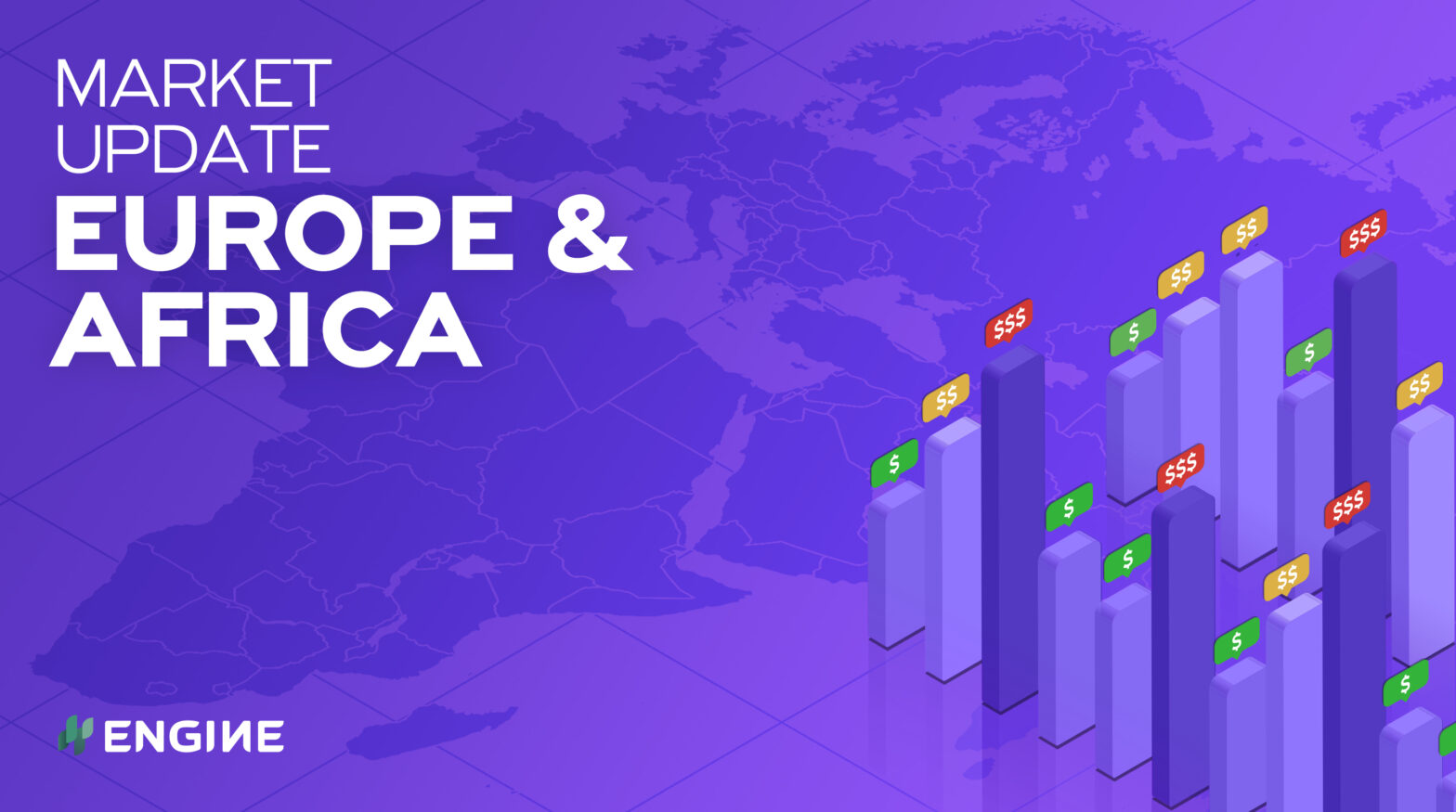A jump in Brent has reversed bunker price declines in Gibraltar and Rotterdam in the previous session, while Durban’s prices have dipped further.
Changes on the day to 08.00 GMT today:
- VLSFO prices up in Rotterdam ($6/mt) and Gibraltar ($3/mt), and down in Durban ($5/mt)
- LSMGO prices up in Gibraltar ($14/mt), and down in Rotterdam ($2/mt) and Durban ($21/mt)
- HSFO prices up in Gibraltar ($5/mt) and Rotterdam ($4/mt)
Rotterdam’s VLSFO price has gained against several other ports including Skaw, Gothenburg, Hamburg and Gibraltar. Its discount to Gibraltar has narrowed to just $4/mt. The spread between the bunkering hubs has been volatile in recent weeks, with Rotterdam’s price moving between a discount of more than $20/mt to Gibraltar, to a slight premium.
Gibraltar’s VLSFO price is also down against other Mediterranean ports, widening its discounts to the Canary Islands and Malta to $8-11/mt. There has been less pressure on Gibraltar’s bunker logistics this week, with calm weather and next to no congestion.
Durban’s low sulphur prices keep declining against other ports, and has brought its VLSFO price within $9/mt of Port Elizabeth. Durban’s prices shot up amid port disruptions and a local refinery stoppage during civil unrest and riots earlier this month, but have retreated heavily this week.
Brent
ICE Brent September futures have jumped $1.25/bbl higher on the day, to $74.51/bbl at 08.00 GMT.
Brent rose to intraday highs of nearly $75/bbl for the first time in two weeks earlier today. Tighter global supplies and a weaker US dollar have outweighed demand concerns over rising Covid-19 cases in parts of the world to boost Brent.
The OPEC+ deal to increase oil output by 400,000 b/d in each month from August is not enough to prevent undersupply in coming months and analysts expect a tightening global supply-demand balance.
The US dollar has weakened against other currencies ahead of a two-day Federal Reserve meeting from today. Investors are looking out for comments on employment, inflation and signs of any tapering of the Fed’s asset purchasing.
Cases of the Delta coronavirus variant have surged in several Asia countries, in Germany, and especially in parts of the US with lower vaccination rates. The US has extended travel bans for non-US citizens visiting from most other big countries. Vaccination campaigns are up against the more transmissible Delta variant, but hospitalisation rates are much lower with higher vaccination rates.
Brent has been trading in a narrower range this week, after a sharp selloff and an equally steep recovery last week. Investors await the weekly oil status reports from the American Petroleum Institute (API) later today, and from the Energy Information Administration (EIA) tomorrow for pointers on US demand and further price direction.
